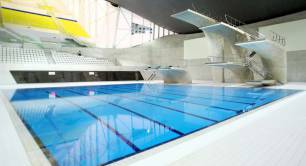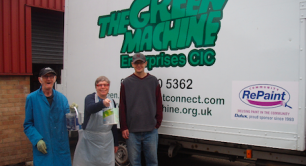Social enterprise leisure centres muscle in on the private sector
New report from the RBS SE100 Index reveals that social enterprise leisure companies are getting bigger and better - giving the big private sector brands a run for their money and making notoriously grubby and run-down local authority centres a thing of the past.
Social enterprise leisure companies are flexing their muscles in the battle against the big boys of the fitness and well-being industry.
The latest quarterly report from the RBS SE100 Index reveals that social enterprise leisure companies are setting themselves apart from their private sector rivals by combining a focus on quality with their commitment to inclusivity and local communities. They are working to offer great facilities in all areas of the country, which are available to everybody in the community.
On top of this, they are reinvesting their surpluses into a number of different projects, from helping to keep older people active to nurturing the talent of Olympic hopefuls and reaching out to people in the UK struggling with diabetes, obesity and other health problems associated with inactive lifestyles.
The RBS SE100 Index is a listing of social ventures ranked and scored according to their growth and how they measure their social impact. Its latest quarterly report suggests that with increasing local authority budget cuts and ever-dwindling grants from local councils, leisure trusts must now do more to challenge private sector fitness chains for the lucrative business of young, affluent gym-goers – in order to keep the facilities up and running for the most disadvantaged people.
GLL leading the pack
Of the four largest organisations in the sports, arts, leisure and culture sector of the RBS SE100 Index, the biggest and most established is Greenwich Leisure Ltd (GLL). GLL pioneered this now nationwide movement of leisure trusts, 'spinning out' services from public sector control and turning council leisure facilities into innovative social enterprises. GLL itself took over Greenwich Council’s leisure services in 1993.
The SE100 Index’s data shows that GLL's turnover between 2012 and 2013 was £123 million, giving it a year on year growth rate of 13%. In comparison, data from DueDil, the largest source of private company information in the UK and Ireland, shows that one of GLL's main private sector leisure competitors, David Lloyd Leisure Ltd, posted an annual turnover figure of approximately £214 million. Although this is almost twice the turnover of GLL, however, David Lloyd's annual growth rate was much lower than its social enterprise rival – at just over 1.5%.
With such aggressive competition in the marketplace we have had to pull ourselves away from the old council gym mentality and understand what customers are wanting.
The second and third largest organisations in the RBS SE100 Index's sports, arts, leisure and culture sector have much lower annual revenues than GLL, but their growth percentages again shadow that of David Lloyd Leisure Ltd. According to the latest RBS SE100 Index quarterly report, Edinburgh Leisure had a turnover of £29.7 million between 2012 and 2013 and a year on year growth rate of 11%. Kirklees Active Leisure had a turnover of £12.6 million in the same time frame and a year on year growth rate of 9.5%.
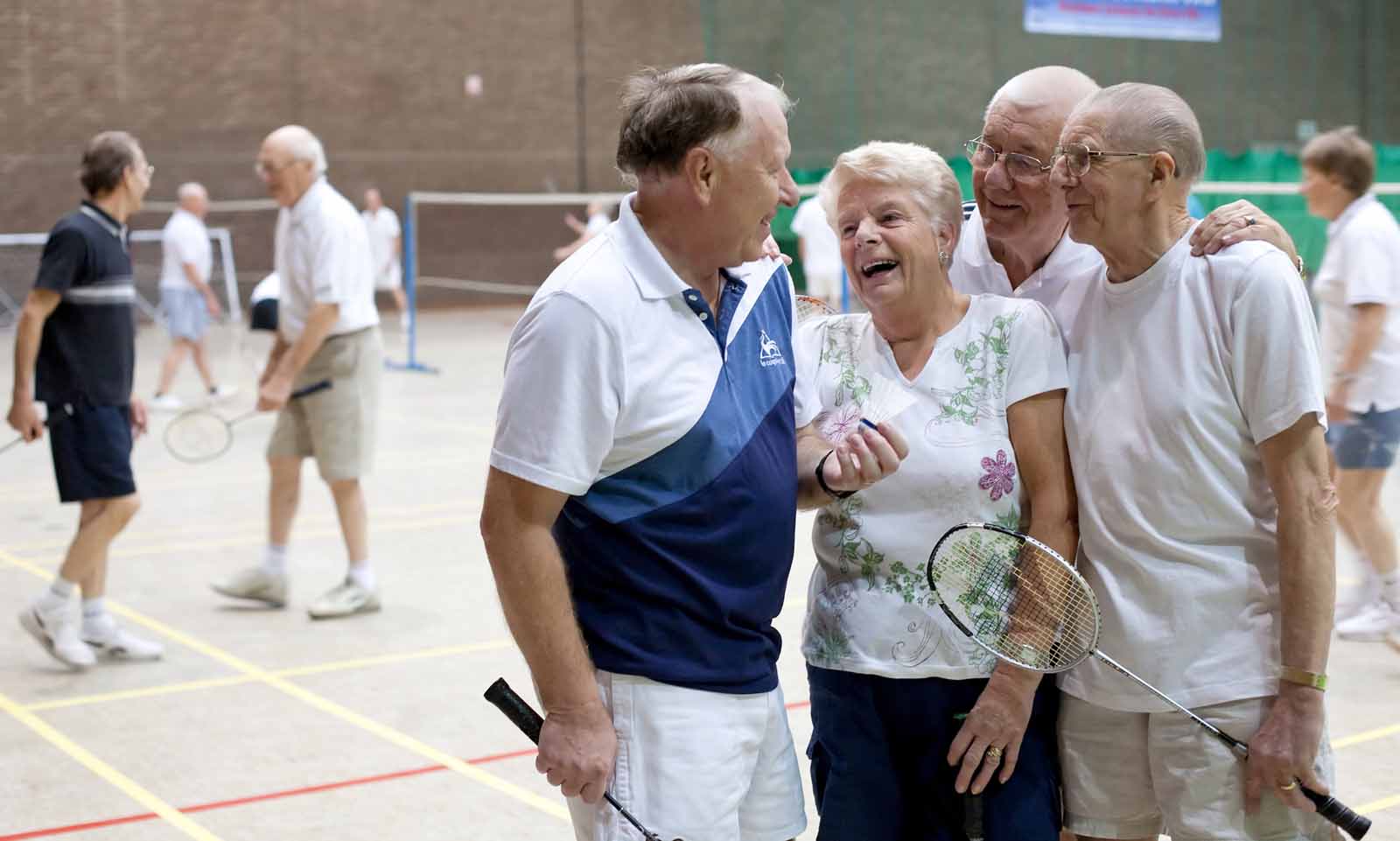
A badminton class at Kirklees Active Leisure. Photo credit: Kirklees Active Leisure
Fighting talk
In order to compete with private sector facilities – who also include brands such as LA Fitness and Virgin Active – social enterprises have to work hard to meet customer demands. The over-chlorinated pools and peeling paint often associated with out-of-date council run facilities won’t encourage avid gym goers to sign up to memberships.
John Comiskey, chief executive of Edinburgh Leisure, said: “With such aggressive competition in the marketplace we have had to pull ourselves away from the old council gym mentality and understand what customers are wanting. We work hard at being innovative and are advanced as anyone else in the products we are offering.”
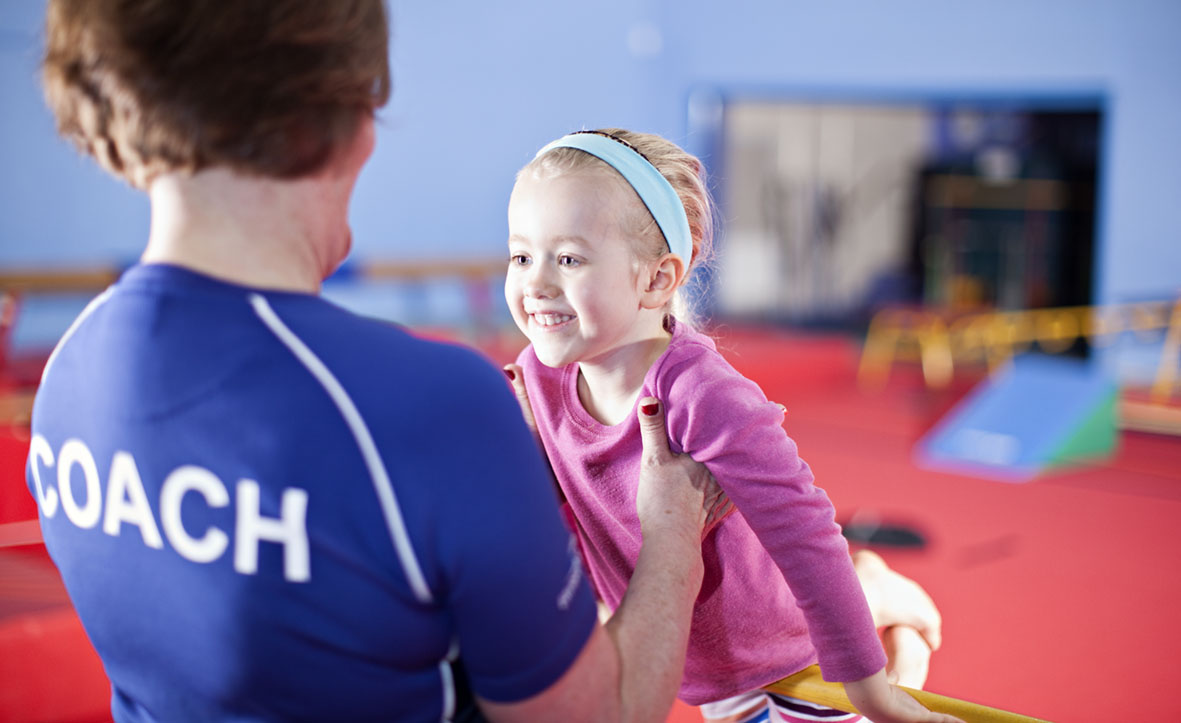
A youth coaching session at an Edinburgh Leisure centre. Photo credit: Edinburgh Leisure
GLL is not shying away from the competition either. In April 2012 it launched a new customer-facing brand for its leisure centres, Better, in order to expand its appeal outside London to communities across the country. The Better brand works to promote healthy and active lifestyles and is a way for GLL to connect with the people using their services so that they are aware of who is running their local leisure services.
GLL also now runs the GLL Sport Foundation for talented young athletes and is exploring the idea of creating a free school for budding sports stars. Mercy Brown is a weightlifting star in the making and has received GLL funding. She won two bronze medals at the European Youth Weightlifting Championships last year and has her sights set on bigger competitions in the future.
She said: “Sport has helped me remove myself from certain situations. I used to stay out a lot in the evenings and by staying out you end up finding trouble. But now, where I’ve been training six times a week, you find that you’re not in those kind of situations where you might get into a fight or an argument with someone in the area.”
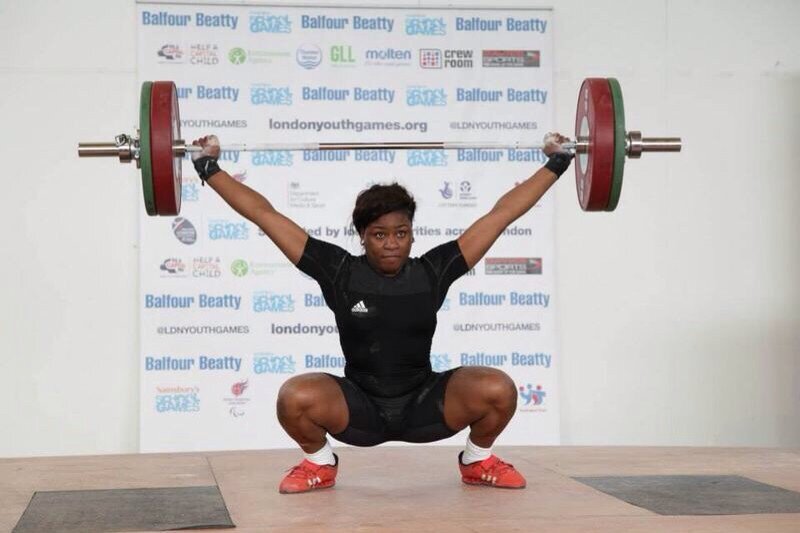 GLL supported weightlifter Mercy Brown. Photo credit: Mercy Brown
GLL supported weightlifter Mercy Brown. Photo credit: Mercy Brown
Backed by Westminster
Their chutzpah aside, the RBS SE100 Index's latest report also shows that organisations in the sports and leisure sector are still comparatively small. The average turnover for sports and leisure organisations is £6 million, less than half that of the average turnover of the index taken as a whole, which is currently £17 million. But social enterprise leisure companies are certainly growing fast. The average annual growth of the leisure, sports, arts and culture sector is 90.7%, while the average growth of the index as a whole is 32%.
Top class sporting facilities are vital so that people have a good experience and keep participating for life.
The evolving social enterprise model of leisure companies is something the Government is keen to back. Local authority costs are being cut, but with centres exploring ways in which to make themselves more commercially viable, the services will still be available. The model’s commitment to promoting inclusivity also means that more people are being encouraged to engage in a more active, healthier lifestyle.
Helen Grant, minister for sport, said: “Top class sporting facilities are vital so that people have a good experience and keep participating for life. Leisure social enterprises are helping to improve the facility stock across the country and offering affordable, accessible sport for all.”
The RBS SE100 Index's quarterly data report, July 2014, is available online now.
The RBS SE100 Index is a list of pioneering organisations involved in socially enterprising activity. It ranks and scores the social ventures according to their growth and social impact creating a powerful source of market intelligence that helps organisations manage and assess the delivery of their social mission. The Index's March 2014 quarterly report is also available online now.
Every year the RBS SE100 Index hosts an awards evening to celebrate the most successful social enterprises in the Index. In November 2013, Right Track, P3 and Patchwork People came out on top winning a share of a £25,000 prize fund. The RBS SE100 Index is now collecting data for entries into this year's awards and is calling for organisations to update their online profiles with their most recent Annual Return to be in with a chance of winning.


